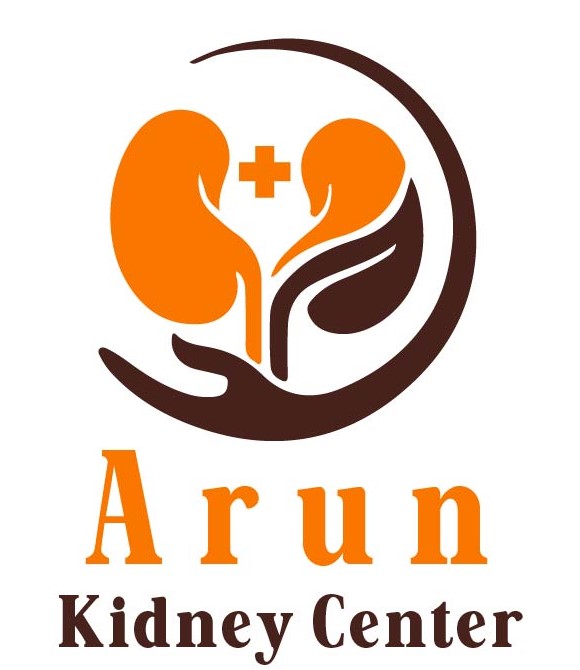What is a Urinary Tract Infection?
A urinary tract infection (UTI) is an infection in any part of your urinary system. This includes your kidneys, bladder, ureters, or urethra. Most often, UTIs affect the bladder and urethra. Many people ask about urinary tract infection treatment options because UTIs are common and can cause discomfort. Early treatment helps prevent serious problems.
Common Symptoms
UTIs can cause different symptoms. However, not everyone will have all of them. Watch for these signs:
If you notice these symptoms, you may wonder how to treat UTI quickly and safely.
Causes and Risk Factors
UTIs happen when bacteria enter the urinary tract. Usually, the body can remove these germs. But sometimes, bacteria grow and cause infection. Several factors raise your risk:
Knowing these risks can help you prevent future infections.
Diagnosis Methods
Doctors use several ways to diagnose a UTI. First, they ask about your symptoms. Next, they may test your urine for bacteria or white blood cells. Sometimes, they use imaging tests if you have repeated infections. In rare cases, a doctor may use a small camera to look inside your bladder. Early diagnosis leads to better urinary tract infection treatment options.
Treatment Options
There are many ways to treat a UTI. The best UTI remedies depend on your symptoms and health. Here are the main options:
Antibiotics
Most UTIs need antibiotics. These medicines kill the bacteria causing the infection. Your doctor will choose the right antibiotic for you. Always finish the full course, even if you feel better. This helps prevent the infection from coming back.
Home Remedies
Some people look for UTI treatment at home. While home remedies cannot cure a UTI, they may help ease symptoms:
However, you should not rely on home remedies alone. Always talk to your doctor if you think you have a UTI.
Hydration
Drinking plenty of water helps flush bacteria from your urinary tract. Aim for at least eight glasses a day. This simple step supports other urinary tract infection treatment options.
Pain Relief
Over-the-counter pain relievers, like acetaminophen, can help with discomfort. But, they do not treat the infection itself. Use them only as directed by your doctor.
When to Seek Medical Care
Sometimes, a UTI can become serious. See a doctor right away if you:
If you have repeated UTIs, you may need to see a specialist. Knowing when to see a nephrologist for UTI is important for your health.
Prevention Tips
Preventing UTIs is possible with a few simple steps. Try these tips:
These habits can lower your risk of future infections.
Lifestyle Guidance During Recovery
While you recover from a UTI, take care of your body. For example, rest as much as possible. Drink extra fluids to help flush out bacteria. Avoid irritants like caffeine and alcohol. Also, follow your doctor’s instructions for taking medicine. If symptoms do not improve, contact your healthcare provider. Good self-care helps you heal faster and prevents problems.
In summary, UTIs are common but treatable. Many urinary tract infection treatment options are available, from antibiotics to home care. If you have symptoms or need advice, consult a nephrologist for personalized urinary tract infection treatment and advice.

